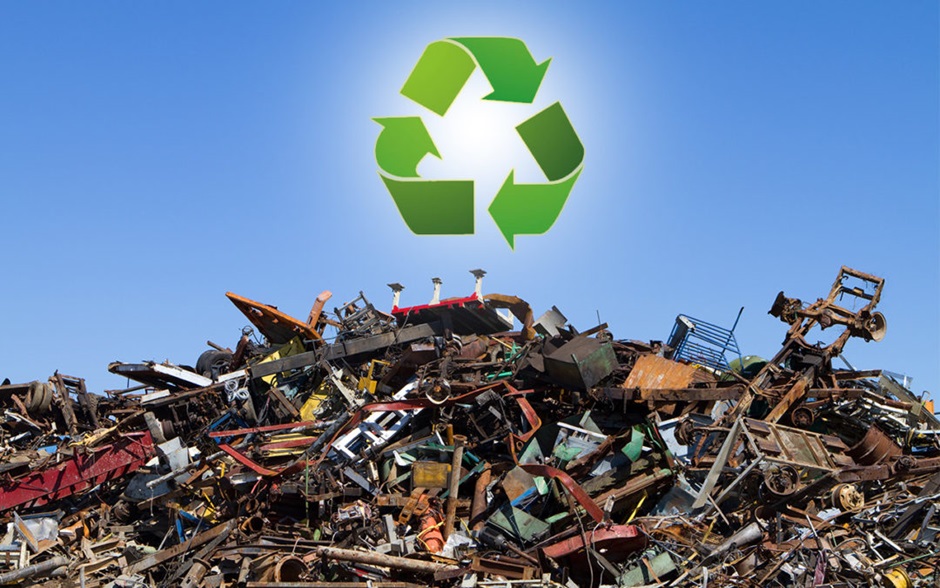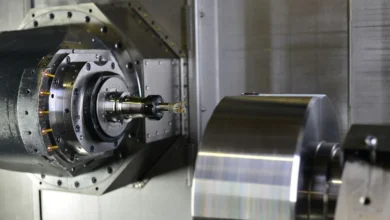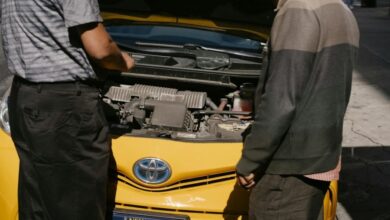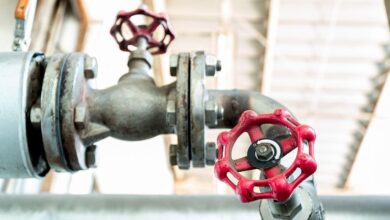
Key Role of Balers in Enhancing Efficiency in Scrap Car Recycling
Efficiency and cost-effectiveess are paramount in the scrap car recycling industry. Scrap car balers are crucial in achieving these objectives by compacting scrap metals and other materials into dense, easily transportable bales.
This article explores how balers enhance operational efficiency, reduce environmental impact, and improve profitability in scrap car recycling.
Efficiency in Material Handling
Balers are designed to compress ferrous and non-ferrous materials into smaller, more manageable sizes. This process is critical in scrap car recycling for several reasons:
- Space Optimization: By reducing the volume of scrap materials, balers help facilities save valuable space. This space efficiency allows for storing more processed materials and helps keep the working area organized.
- Improved Logistics: Baled materials are easier to handle, stack, and transport. This leads to lower transportation costs as more material can be moved in fewer trips. Additionally, baled materials are less likely to lose material during handling and transport, reducing waste.
Economic Benefits
The use of balers can significantly impact the profitability of recycling operations:
- Increased Material Value: Baled scrap often commands a higher price on the market than loose scrap because it is easier for steel mills and foundries to handle and process. This can lead to better revenue from the sale of recycled materials.
- Reduced Operational Costs: Balers can reduce the labor required to handle and process scrap materials. They automate the packing process, minimizing the need for manual labor and reducing labor costs.
Environmental Impact
Balers not only enhance operational efficiency but also contribute to environmental sustainability:
- Reduced Carbon Footprint: Efficient transportation and handling of baled materials mean fewer trips, reducing emissions. This is particularly important in an industry focused on sustainability and environmental responsibility.
- Waste Minimization: By compacting materials and reducing spillage during transport, balers help minimize the amount of waste generated. This is essential for meeting environmental regulations and achieving sustainability goals.
Technological Advancements
The evolution of baler technology has led to more sophisticated, energy-efficient, and durable machines. Modern balers can feature:
- Automatic Operation: Many balers operate fully automatically, enhancing safety and efficiency. They can be programmed to produce bales of precise dimensions and weights, ensuring consistency in output.
- Hydraulic Systems: Improved hydraulic systems offer greater compressive force, making the balers more efficient at processing tough materials from scrap cars.
- Remote Monitoring: Integration of IoT technologies allows for remote monitoring and operation of balers, enabling predictive maintenance and reducing downtime.
Challenges and Considerations
Despite their benefits, there are challenges associated with the use of balers:
- High Initial Investment: The cost of high-quality balers can be significant, and the decision to purchase should be based on a thorough cost-benefit analysis.
- Maintenance and Repair: Regular maintenance is crucial to keep balers running efficiently. Downtime for repairs can affect the overall productivity of recycling operations.
Conclusion
Balers are indispensable tools in the scrap car recycling industry. They significantly enhance operational efficiency, economic benefits, and environmental sustainability. As technology advances, balers’ capabilities are expected to increase, offering greater efficiency and utility.
Recycling facilities that invest wisely in these machines position themselves for success in a competitive market, contributing to more sustainable industrial practices.




